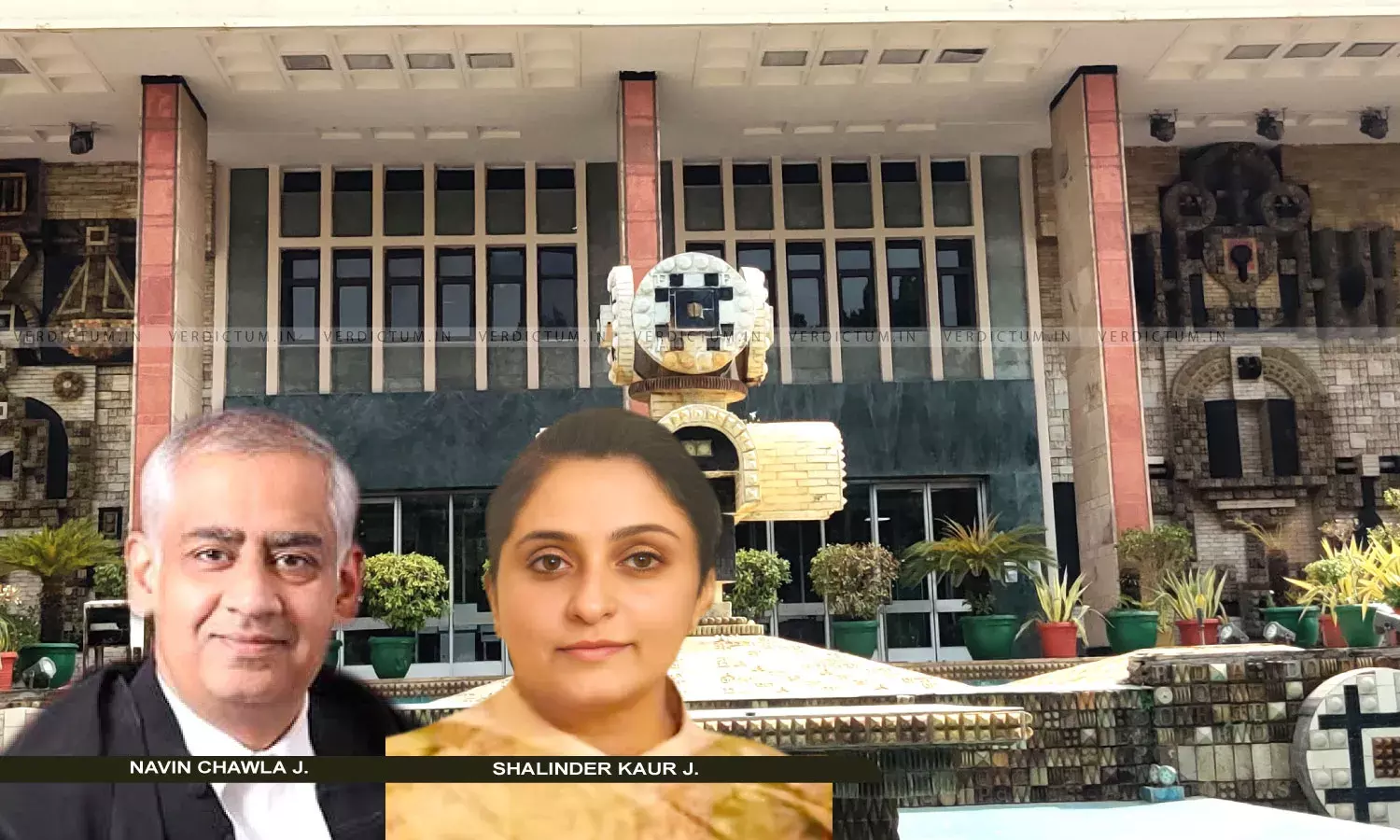Epilepsy Not Attributable To Service In The Navy As It Was Pre-Existing And Dormant: Delhi HC Denies Disability Pension
The Delhi High Court dismissed the appeal of a Navy officer who sought disability pension on the grounds that his epilepsy was attributable to his service in the Navy.
The officer had been invalidated from service after being diagnosed with epilepsy in 1981, and was discharged in 1982. The officer later approached the Armed Forces Tribunal seeking a disability pension at 50% for life, but the Tribunal only granted him an invalid pension. Aggrieved by the decision, he appealed to the Delhi High Court.
A Division Bench of Justice Navin Chawla and Justice Shalinder Kaur ruled that there was insufficient evidence to link the disease to his naval service. It noted that epilepsy is a dormant condition that occurs periodically and that no aggravation from service was demonstrated.
The Court added, "It also noted the response of IMB proceedings of March, 1982, that the petitioner’s disability existed before entering the service, thus referring to all of the above, the learned AFT concluded that petitioner’s disability cannot be held to be attributable to nor aggravated by Military service in the peculiar facts and circumstances of the case. The learned AFT, thus, passed a detailed and reasoned Order after noting all the submissions of the parties, the decisions cited before it, as well as the documents produced for its perusal and consequently, granted Invalid Pension to the petitioner, however, not the Disability element of Pension."
The Court thoroughly examined the Tribunal’s order and the available medical evidence. The Court noted that the officer had been invalidated under medical category S5A5, which was consistent with a low medical category, and emphasized the opinion of the Medical Board. The Board had concluded that his condition—generalized epilepsy—was not caused by his service in the Navy and was instead likely to have been dormant prior to his service.
The Court also referred to the expert opinion of a Specialist in Neurology who noted that the officer had suffered from seizures and severe headaches since 1976, further supporting the conclusion that the condition predated his naval service.
The Court also took into account the findings of the officer’s Commanding Officer, who stated that the officer had never been assigned to submarine or sailing duties, thereby dismissing any link between his medical condition and the physical demands of naval service.
In light of these findings, the Court concluded that the officer’s epilepsy could not be attributed to or aggravated by his service in the Navy. The Court also pointed out that the disability was assessed at a low percentage (6-10%) and that the officer was not entitled to a disability pension.
Cause Title: NO 40634Z LT A K Thapa (Released) v. Union of India & Ors., [2024:DHC:9106-DB]
Appearance:
Petitioner: Advocates Meenakshi Devgan, Anand S. Jha, A. Tiwari
Respondent: Advocates Piyush Gupta, Prateek Gupta, Amit Sharma, Priya Singh
Click here to read/download Judgment












